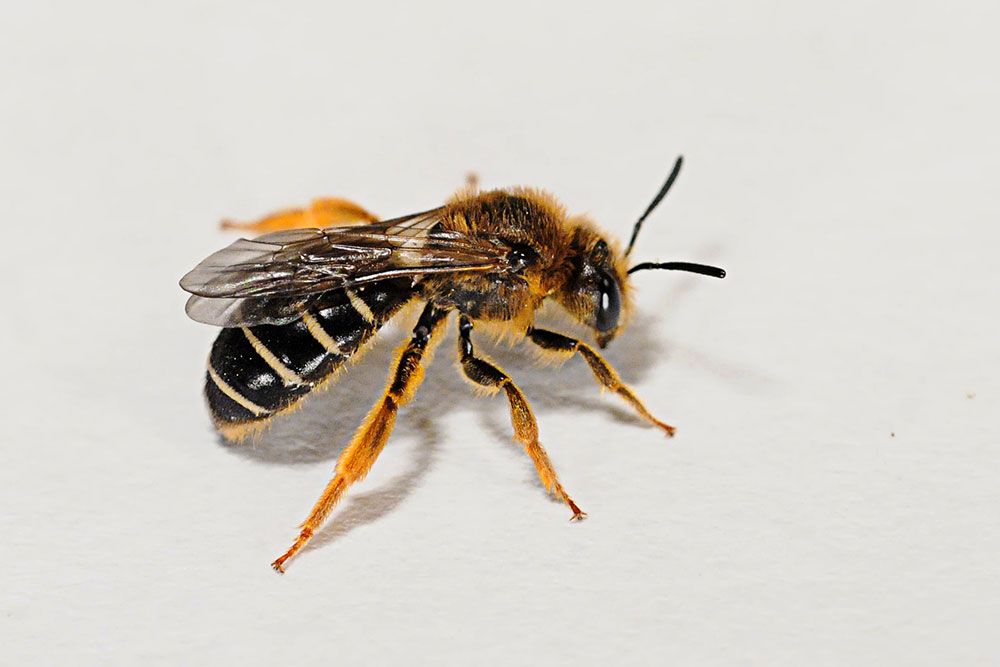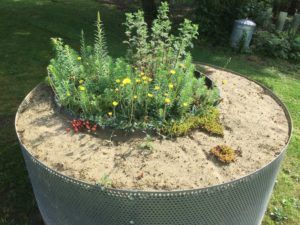Creating habitats for bees in an urban environment

Can artificial nests provide effective habitats for ground nesting solitary bees in urban environments?
The problem
Over 98% of all bee species found in the UK are solitary bees, not the social bees we are more used to seeing. However, they aren’t well known. Therefore, the pollination services they provide are often overlooked. This means the bees and their needs are often not considered when building and development work take place.
The solution
PTES is supporting Aaron Bhambra who is going to test new, special nesting structures to create artificial homes for the bees. Working with the RSPB and the University of Wolverhampton, Aaron’s work will expand the number of nesting spots for pollinators in an urban nature reserve in Birmingham.
Sixty species of bees and wasps have been recorded on the 24 acre nature reserve since it was created. This is surprisingly high considering the levels of encroachment and urbanisation around the area. Threats, including genetic inbreeding within natal groups, flash flooding, erosion of established habitats, and a reduction in friable soil, may all be contributing to their decline.

Aaron will work on finding and protecting areas of bare earth habitat for these bees, and other pollinating insects. He also hopes to recruit and train RSPB volunteers who will learn how to carry out ecological recording and taxonomic surveys. It is hoped that by recording the diversity of bees found in each nesting structure, we can compare the effectiveness of different shapes, materials and topographies for attracting fossorial (burrowing) insects. The results of this study will increase the public’s interaction with wildlife and inform future insect conservation management in urban environments.
This project was possible thanks to our generous donors. Can you help us continue?
